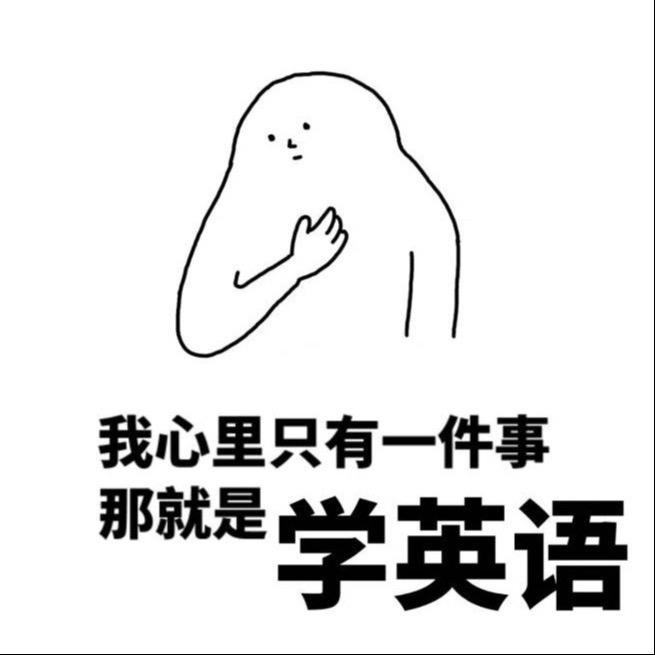
Chinese residents sleep less than 7 hours per night, according to the 2024 Chinese National Healthy Sleep White Paper, released on March 16th by the Chinese Sleep Research Society.
中国睡眠研究会3月16日发布的《2024中国国民健康睡眠白皮书》显示,中国居民每晚睡眠时间不足7小时。
The report said that Chinese residents go to bed on average after midnight, with an average sleep duration of 6.75 hours per night.
报告称,居民平均在零点后入睡,夜间睡眠平均时长为6.75小时。
The report was based on a survey of over 10,000 people, including students, office workers and retired employees.
该报告基于对10000多人的调查,其中包括学生、上班族和退休人员。
The report showed that 28 percent of respondents sleep less than 6 hours and 64 percent have poor sleep quality.
报告显示,28%的人群夜间睡眠时长不超过6小时,64%的人睡眠质量欠佳。
Most people have experienced sleep disturbances such as nocturnal awakenings, early awakenings, having trouble falling asleep and nocturnal urination, the report said.
大多数人都曾有过睡眠困扰,主要的睡眠困扰有:夜醒、早醒、入睡困难、夜间如厕。
The report also found that 59 percent of respondents suffer from insomnia while only 19 percent have no sleep disorders.
报告还发现,59%的人存在失眠症状,完全无睡眠障碍人群仅占19%。
Only 29 percent of respondents go to bed before 11 pm while 47 percent go to bed after midnight and 13 percent do so after 2 am. Among them, thepost-00s generation has an average bedtime of 00:33 am while the pre-1970s has an average bedtime of 23:02 pm.
仅有29%的被调查人群在23:00前入睡,47%的人群在零点后入睡,13%的人群在凌晨2:00后入睡。这其中,“00后”平均入睡时间为00:33,“70前”入睡时间为23:02。
Pre- and post-1970s retired people often suffer from nocturnal awakening, early awakening and nocturnal urination while the post-00s and post-90s generations have trouble falling asleep.
“70前”及“70后”的已退休人员常被夜醒、早醒、夜间如厕困扰,“00后”和“90后”的年轻人则困扰于入睡困难。
In terms of university students, 56percent use their smartphones for more than 8 hours every day. 51 percent go to bed after 00:00 am and 19 percent do so after 2:00 am.
针对大学生群体,调查显示,56%的大学生每天使用手机超过8小时,且有51%的人在零点后入睡,更有19%的人入睡超过凌晨2:00。
The sleep duration of office workers on non-working days is 33 minutes longer than that of working days.
上班族群体在非工作日夜间睡眠比工作日平均多33分钟。
The report also showed a correlation between a person's lifestyle and the quality of their sleep.
本次发布的报告还揭示了睡眠与生活方式之间的关系。
People who exercise regularly (monthly exercise frequency ≥10 times) tend to go to bed and wake up early, with an average bedtime of 23:56pm and wake-up time of 7:26 am. Compared with those with monthly exercise frequency ≤ 3times, their sleep duration is nearly 14 minutes shorter.
数据显示,热爱运动的人群(月运动频次≥10次)偏向于早睡早起,平均23:56入睡,7:26起床,与月运动频次≤3次的人相比,他们的睡眠时间短了近14分钟。
In addition, the sleep duration of people who drink is 27 minutes shorter than that of non-drinkers. As the frequency of alcohol consumption increases, the sleep quality declines.
饮酒人群比不饮酒人群平均每晚少睡27分钟。饮酒频次越高,睡眠质量越低。
空空如也
暂无小宇宙热门评论

